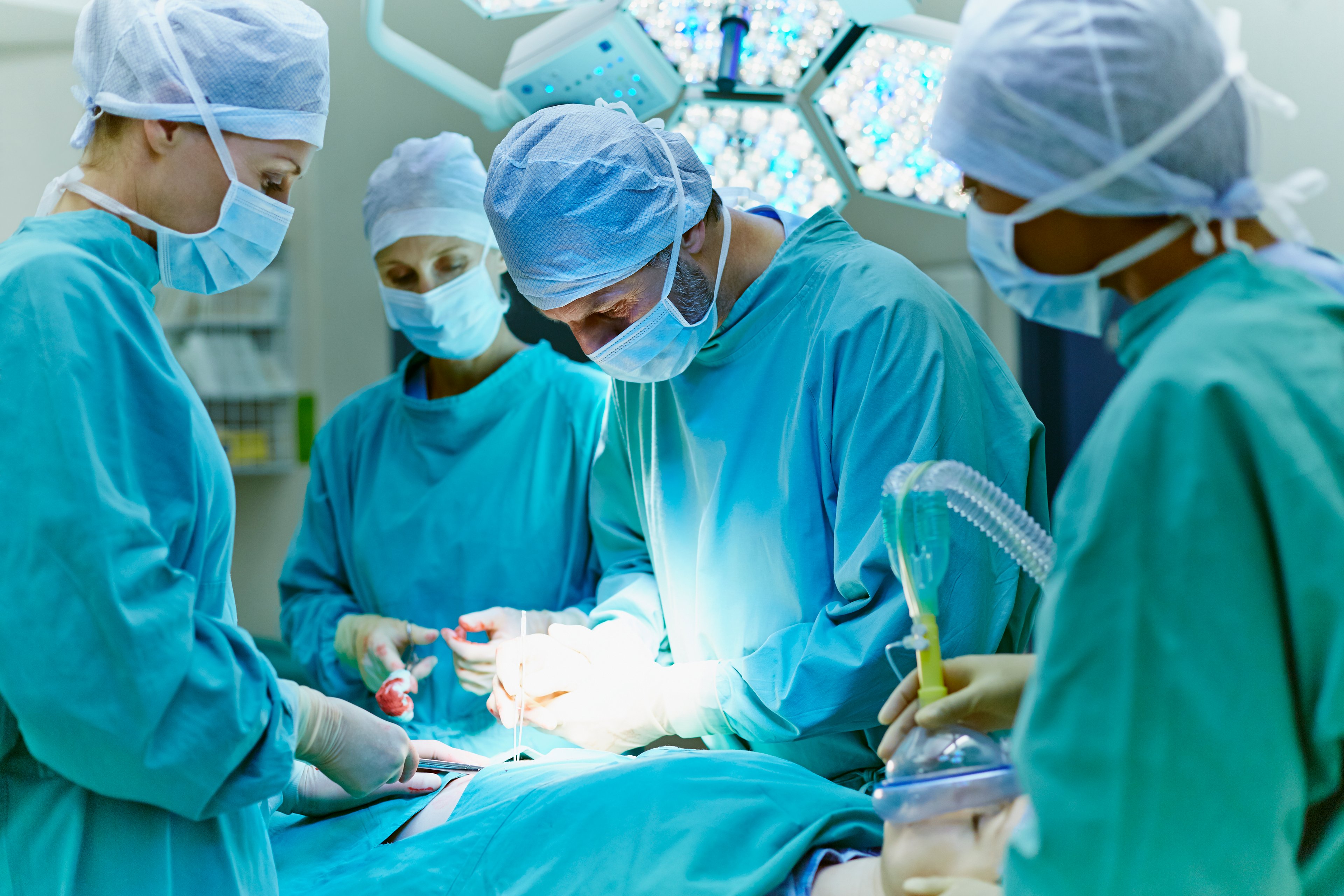Few companies have done more to change healthcare over the past 20 years than Intuitive Surgical (ISRG +0.11%). The company singlehandily brought robotic surgery to the masses and in the process forever changed the way surgery is performed. Long-term investors (like me) have been extremely well rewarded for simply buying a few shares and then hanging on for the ride.
So are there any healthcare companies out there today following in Intuitive's footsteps? I believe so, which is why I recently purchased a few shares of a fast-growing medical device company called Novocure (NVCR +0.30%). Following are three reasons I believe Novocure could turn into a monster winner for investors.

Image source: Getty Images.
1. A massive market opportunity
While Intuitive's da Vinci system won FDA approved in 2000, it was only approved to be used during general laparoscopic surgeries. Intuitive successfully won approval for a number of other procedures over time, which vastly improved its usefulness.
But even with those expanded uses, da Vinci was only used during 563,000 procedures worldwide last year. Sure, that's a big number, but it's still dwarfed by the tens of millions of surgical procedures performed annually in the U.S. alone. Clearly, the surgical market is huge, so even today there's plenty of room left for procedure growth.
I see a similar opportunity ahead for Novocure, which is focused on a massive disease state: cancer. In 2010, Americans alone spent more than $157 billion fighting various types of cancer. Despite that huge spending, hundreds of thousands of Americans die each year from the disease.
To help address this problem, Novocure created a brand-new tool that's radically different from the three modalities of cancer treatment currently used -- surgery, radiation, and chemotherapy. Novocure is pioneering the use of a new therapy called Tumor Treating Fields (TTFields) and won FDA approval for its first device, called Optune, in 2011. Optune works by surrounding cancerous tumors with electric fields that inhibit cell division. In turn, the tumor can't grow as easily -- or, in some cases, it shrinks.

A patient wearing Optune on his head. Image source: Novocure.
Like da Vinci in the early days, Optune's use is currently limited to a single disease state: glioblastoma multiforme (GBM). GBM is a deadly brain cancer diagnosed in about 12,500 Americans each year. However, Novocure believes Optune can also be used to treat many other types of cancer, including lung, ovarian, and pancreatic cancers and mesothelioma. If true, then its addressable market is poised to increase exponentially.
2. No competition in sight
Another reason Intuitive was so successful with its launch of da Vinci is that the company has had a virtual monopoly in robotic surgical space since its launch. While that could be changing soon, there's no doubt that a big part of Intuitive's success is attributable to complete lack of competition.
The same dynamic is in place at Novocure today. Novocure is the currently the only company commercializing a TTField product. What's more, Optune can be used as a monotherapy or in combination with other currently available chemotherapies. That means Novocure isn't even stepping on the toes of big pharma companies, which I think is a huge positive for investors.
3. Strong consumer appeal
Many healthcare providers are conservative with the way that they practice medicine and can be very slow to adopt new technologies. Persuading them to change their ways can often be a major uphill battle, especially when dealing with truly game-changing products such as da Vinci or Optune.
However, one factor that probably helped da Vinci to catch on was the strong consumer appeal of the system. Robotic surgery promises patients smaller incisions and scarring, less blood loss, and faster recovery times. While these benefits might not be attractive to the surgeons themselves, they are highly desirable for prospective patients. I'm sure that patient demand for robotic surgery went a long way toward persuading some providers to adopt the system.
I think Optune offers patients similar attractive benefits. Novocure Executive Chairman Bill Doyle told me in an exclusive interview that "Tumor Treating Fields have no systemic toxicity." In fact, Optune's only listed side effects are scalp irritation and headaches, both of which occurred in less than 10% of patients. Compare that with chemotherapy, which is known for brutal side effects such as nausea, diarrhea, low blood platelet count, malaise, fatigue, anemia, and more.
I have no doubt that the complete lack of side effects is highly attractive to patients who have GBM today, so it will only be a matter of time before patients start to ask their doctor for Optune by name. If so, then Novocure will have a much easier time convincing skeptical doctors to give the device a try.
Novocure is a buy
In all, I think Novocure exhibits several of the traits that helped turned Intuitive into a wonderful long-term investment. While there are plenty of risks that could derail the bull thesis for owning this stock, I recently decided to become a shareholder of Novocure myself. If you have a high tolerance for risk and are looking to swing for the fences, I'd suggest you give Novocure a closer look.







